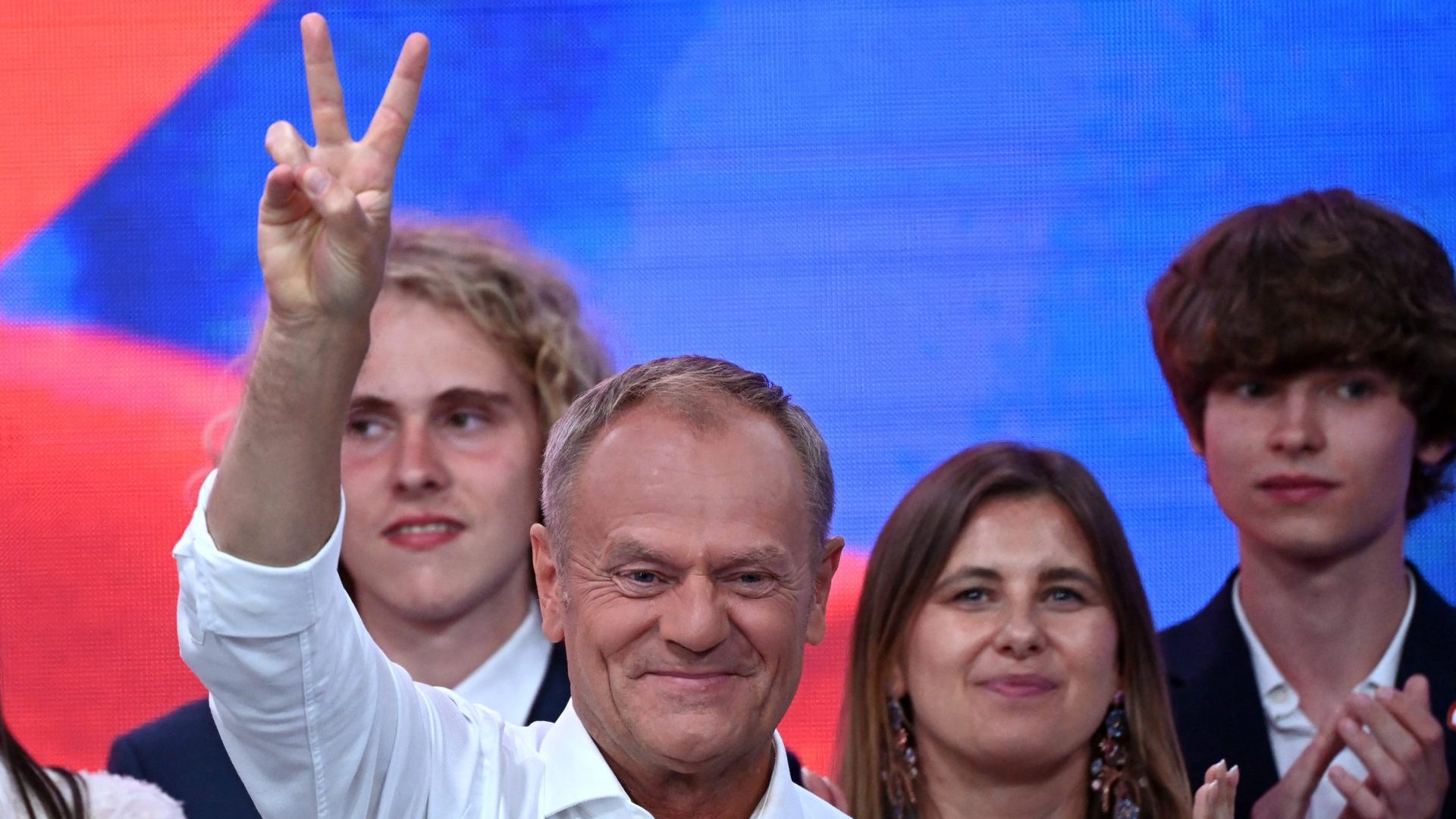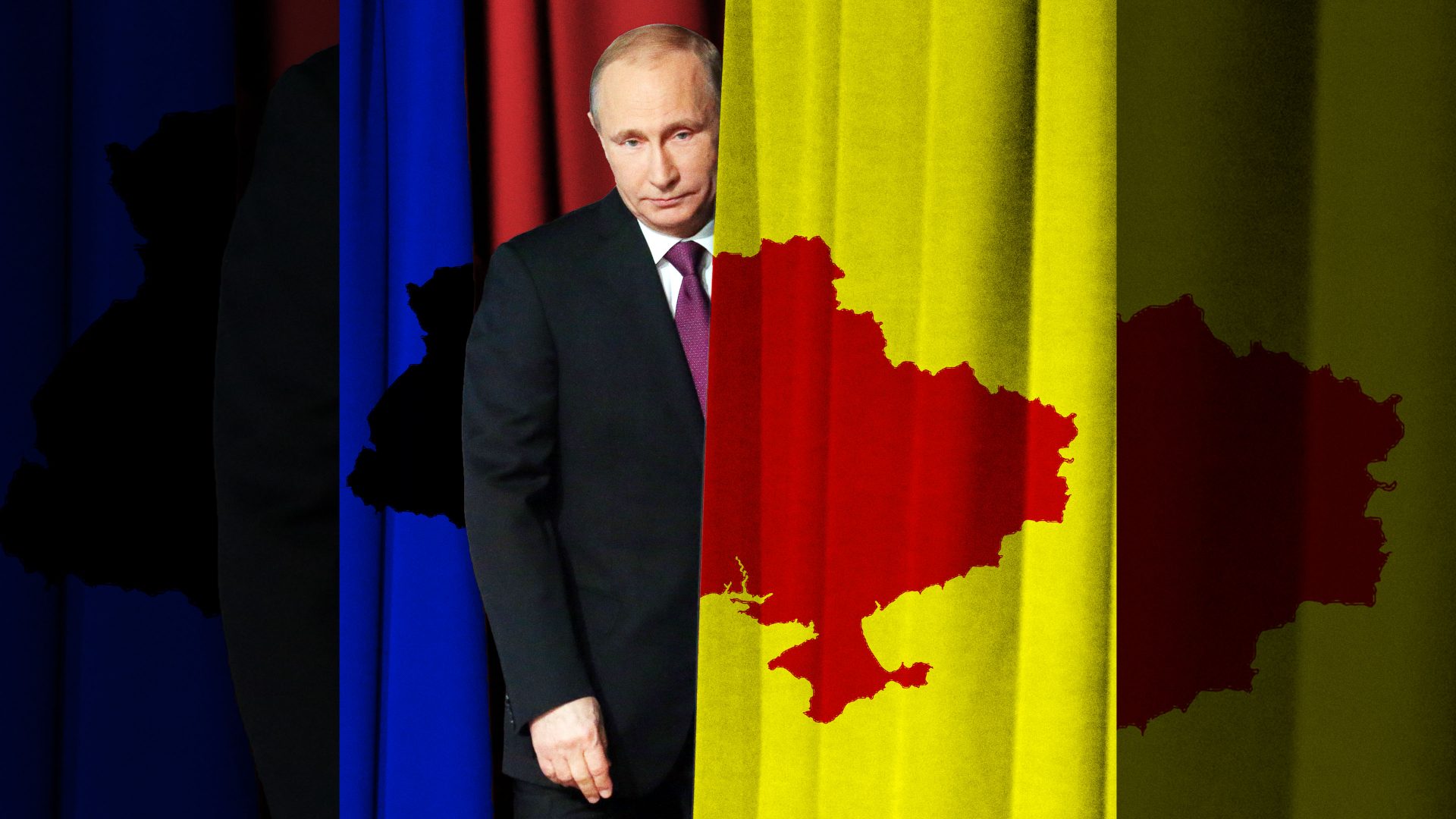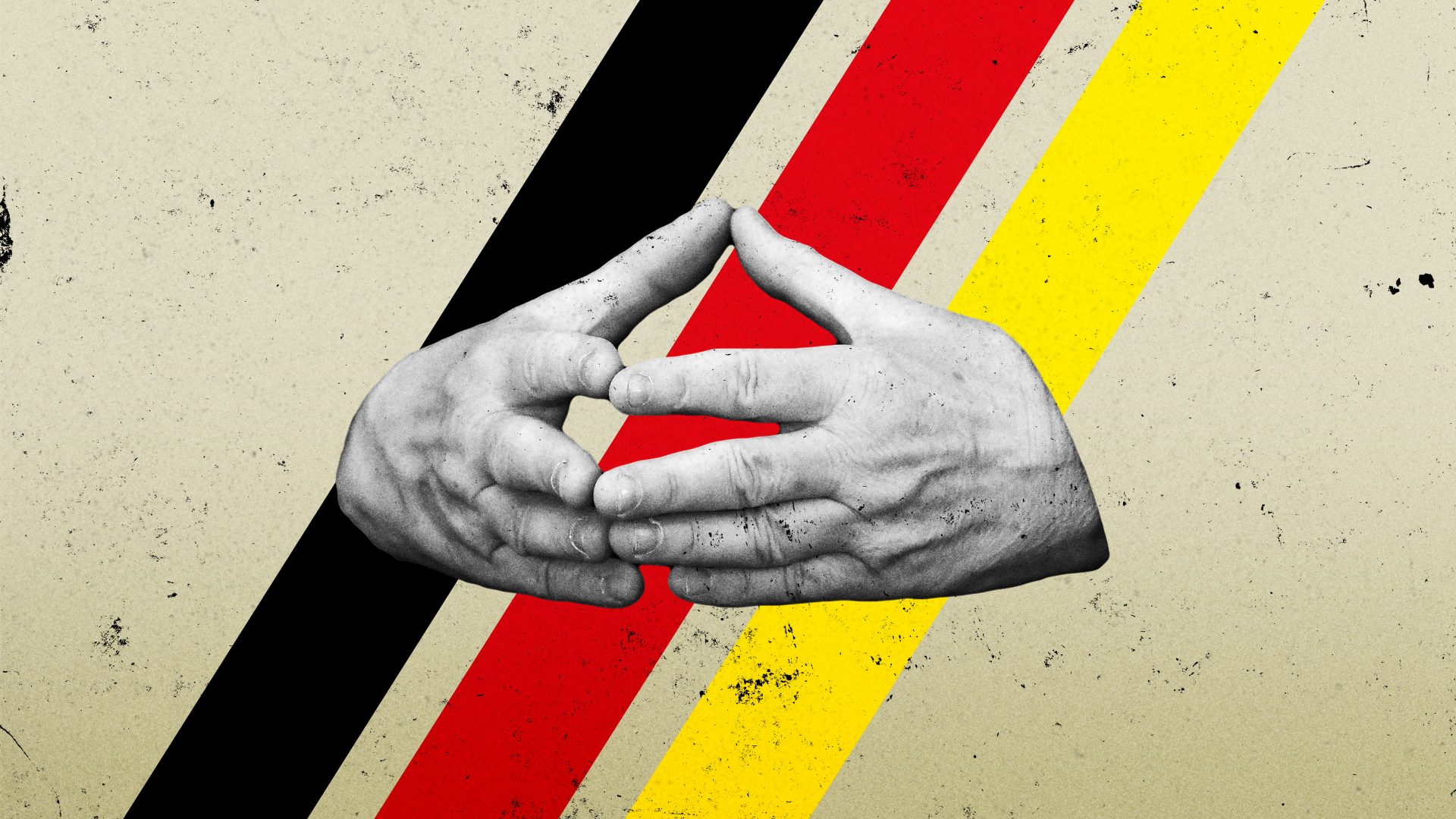As the world awaits the final mixture of whack-jobs and incompetents to emerge from the Trump transition and form his White House team, one thing is clear: Europe stands alone. Alone in maintaining its moral commitment to help defend Ukraine; alone – by and large – in pledging observance of the ICC indictment of Benjamin Netanyahu.
Even if Trump were to be replaced by a competent, liberal Democratic president in 2028, his election victory showed that the American people are no longer committed to the USA as an alliance-building leader of the west.
The question is, then, who will lead Europe towards coherent, strategic action in its own self interest? It cannot be Keir Starmer: Brexit turned out to be a great investment for Vladimir Putin, removing the UK from the power structures of the EU.
Nor, in the short term, can it be any German chancellor. Olaf Scholz’s woeful prevarications over Ukraine reflect both the moral immaturity of German social democracy and the threat of pro-Putin populist parties of the far left and far right.
Emmanuel Macron has shown vision – repeatedly spelling out in detail his ideal of strategic autonomy for the EU. Earlier this month, in Budapest, he told European leaders they must cease being “herbivores” in an ecosystem populated by “carnivores”. Otherwise, he warned, Europe risks simply becoming a market for predatory giants, not a player in world affairs.
But Macron, too, is assailed by populists of the left and right, and has shown little practical initiative in the weeks following Trump’s election.
So it is the Polish premier, Donald Tusk, who has been left to make the running. After Trump’s victory, Tusk, the former president of the European Council, began an intense round of contacts with European leaders aimed at forming a “coalition of the willing” to defend Ukraine if Trump pulls the plug.
One of the first results has been the formation of a Northern Group in support of Ukraine, reportedly pulling the eight Nordic and Baltic countries into collaboration with the UK and Germany to boost Ukraine’s military resources.
And last Friday Tusk became the first major European leader to warn of the possibility that Russian aggression could escalate into war.
“The war in the east is entering a decisive stage,” Tusk told a Polish teachers’ conference after Russia fired a long-range ballistic missile at Ukraine. “We can feel the unknown is coming. No one among us knows the end of this conflict, but we know that it is now growing to dramatic proportions. The past dozen or so hours show that the threat of a global conflict is serious and real.”
While Britain’s government prevaricates over exactly when it will raise defence spending to 2.5% of GDP, Tusk is set to raise Poland’s arms spending to 4.75% next year, taking delivery of hundreds of tanks and armoured vehicles.
Europe’s security predicament is serious. If Trump were to walk away from Nato, as he threatened to in 2018, we would be defenceless in conventional terms, and reliant entirely on the nuclear deterrents of Britain and France.
That is because Europe has failed to invest in the so-called “strategic enablers”: satellites for targeting, long-range missiles for striking deep into enemy territory, missile defence to protect its skies, and AWACs planes that can see the battlefield.
In any war between Nato and Russia, these would need to be provided by the USA – and simply by pulling access to such enablers, America can set the terms of any European response to Russian aggression.
That is why Tusk’s call for a “coalition of the willing” in support of Ukraine has to be the starting point for a step change in Europe’s attitude to its own self-defence.
There are two structural obstacles to achieving European sovereignty in defence. First the fragmented defence market, with countries pursuing their own rival designs for fighter jets, ships and tanks, and heavily reliant on US imports. The EU’s new defence industrial strategy (Edis) is designed to overcome that but, predictably, faces foot-dragging from France.
Second, the fiscal rules of the Eurozone and in particular the German debt brake. Of all the major economic blocs in the world, Europe is the only one to tie its own hands in terms of borrowing to invest.
We are, in truth, only in the foothills of the European response to Trump 2.0. I understand the British government treading on eggshells when it comes to Trump, in order to try to talk the new administration into a tough response to Russia.
But we need our leaders to start talking and acting like strategists. If Ukraine’s resistance were to collapse, sources inside the country estimate that 10 million refugees could flee to Europe. Yet very few of Europe’s voters yet understand the peril they are in.
Russian hybrid aggression is everywhere: it stands behind pro-Putin and pro-Hamas political actors here, as it does in Germany. It stands behind the mysterious outages such as the Finns experienced last week, when something damaged a major internet cable linking them to Germany.
Neither Nato nor the EU can be adequate vehicles for mobilising the coalition needed to stand up to Putin. Both require unanimity for decisive action and both have “cuckoos” in the nest prepared to block it.
That is why Tusk’s efforts to pull together a coalition of willing states, centred around the Nordic and Baltic countries, is welcome. I want to see the UK step forward to offer not only the kind of quiet leadership it showed when it allowed Ukraine to fire Storm Shadow missiles into Russia, but also something more ostentatious and morally inspiring.
We cannot finesse our way out of the problem that the American people have swung isolationist. There is a time to value to clear words and decisive actions.




